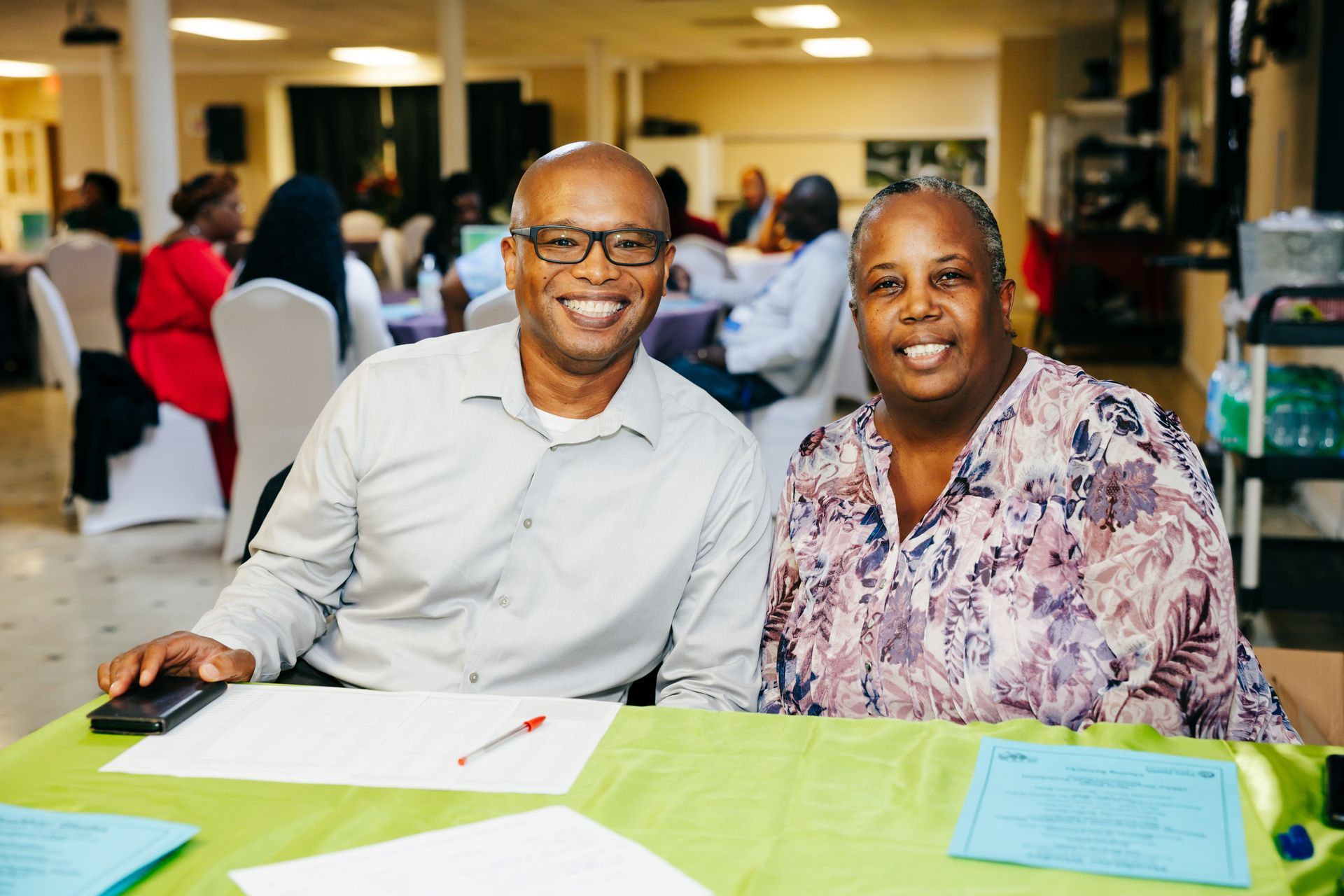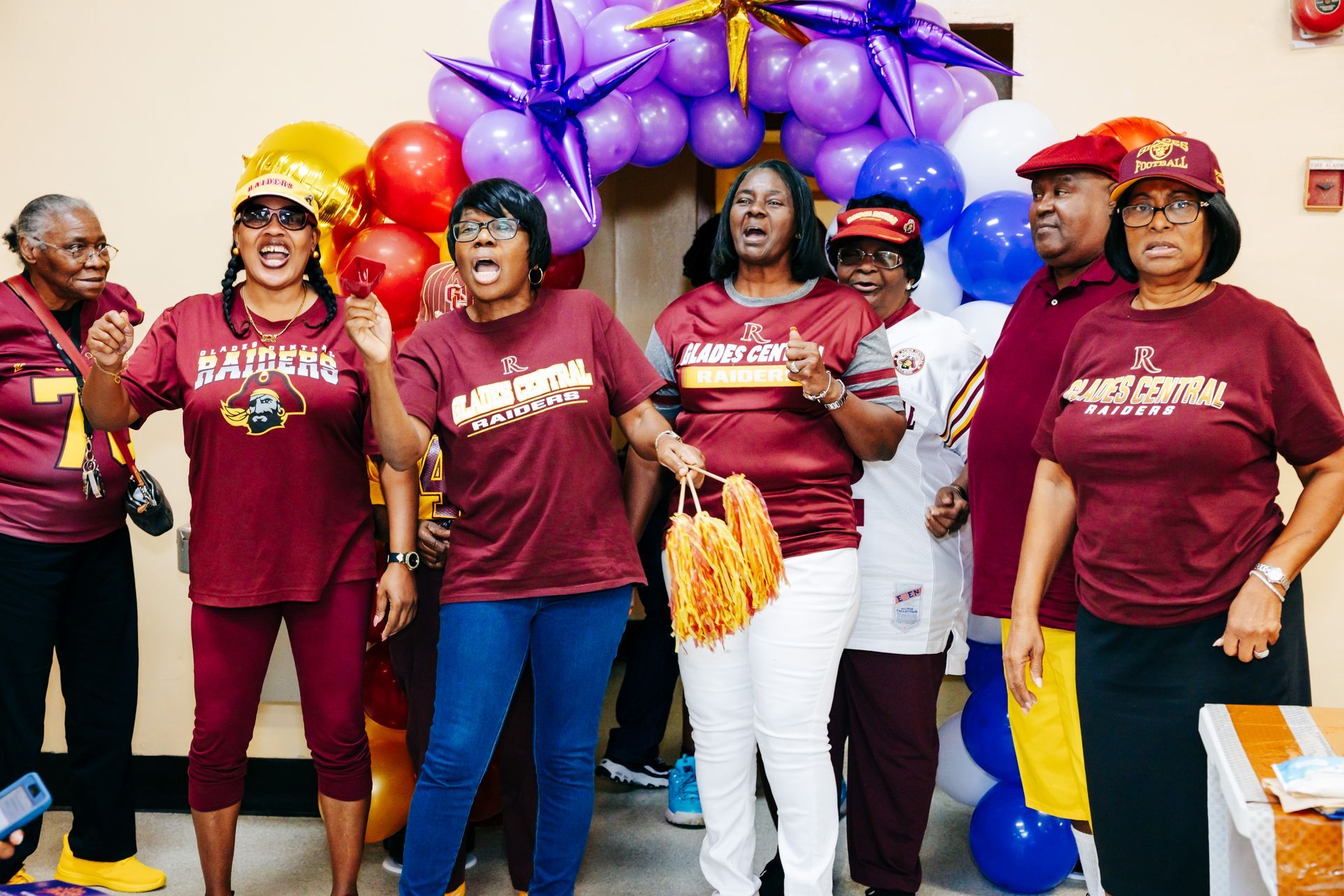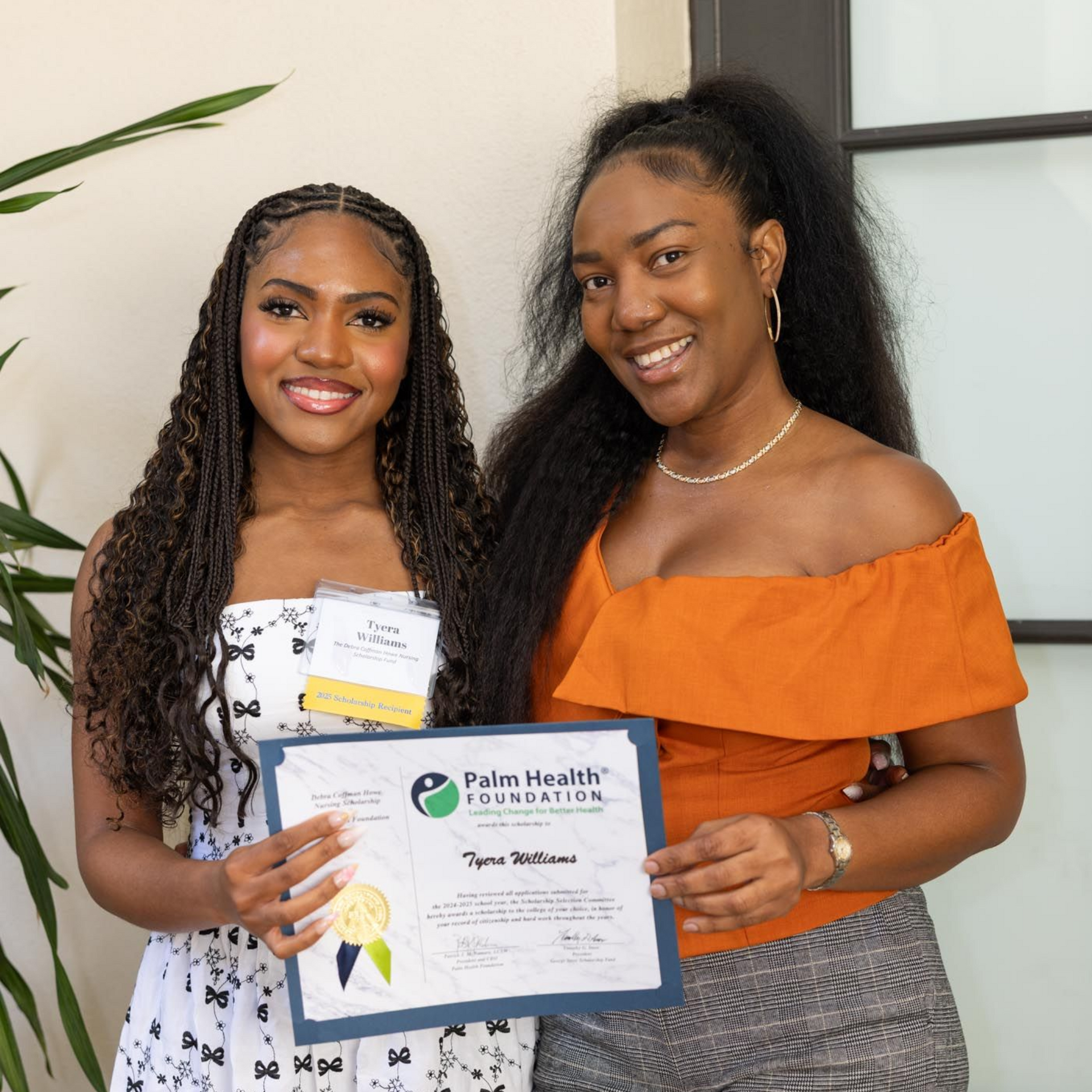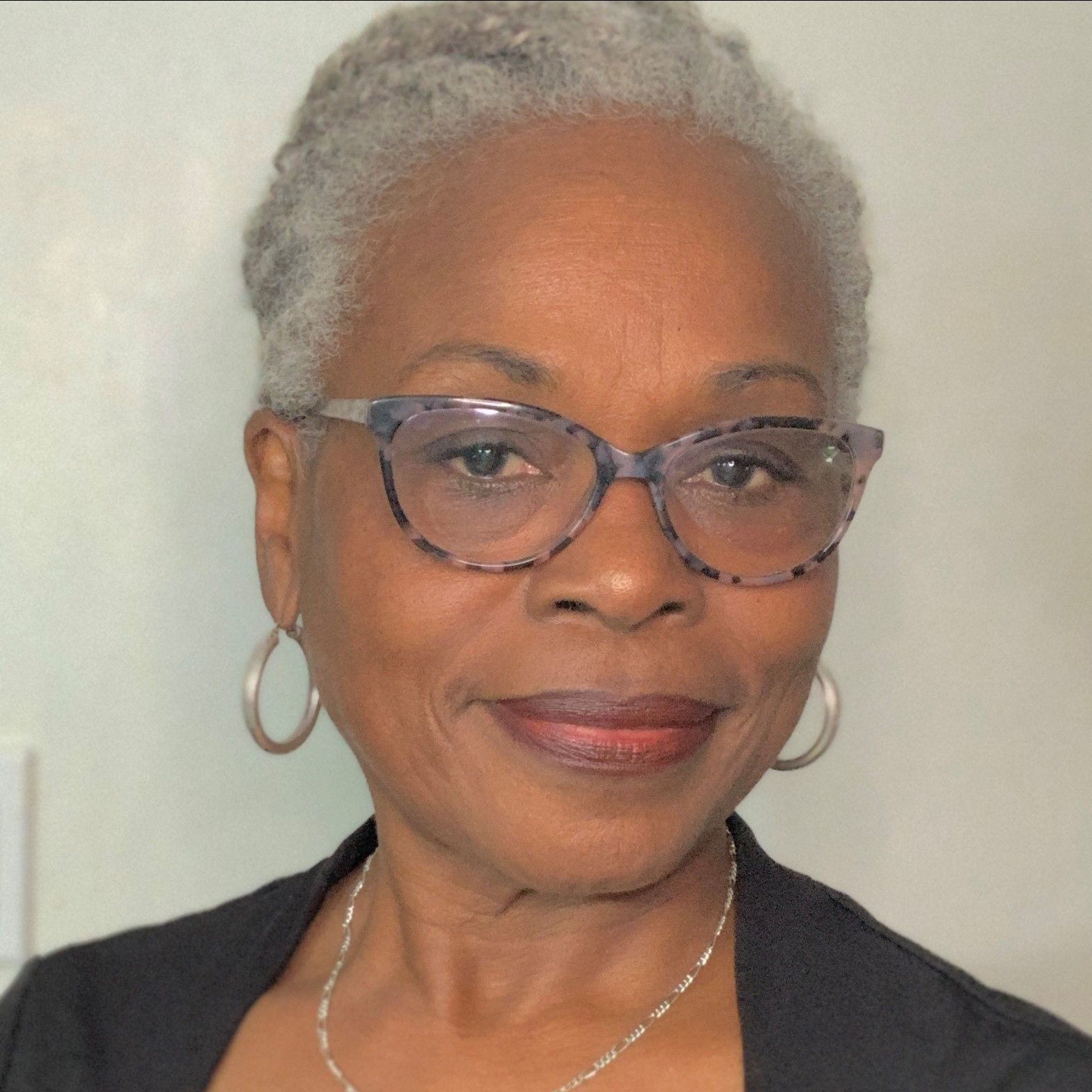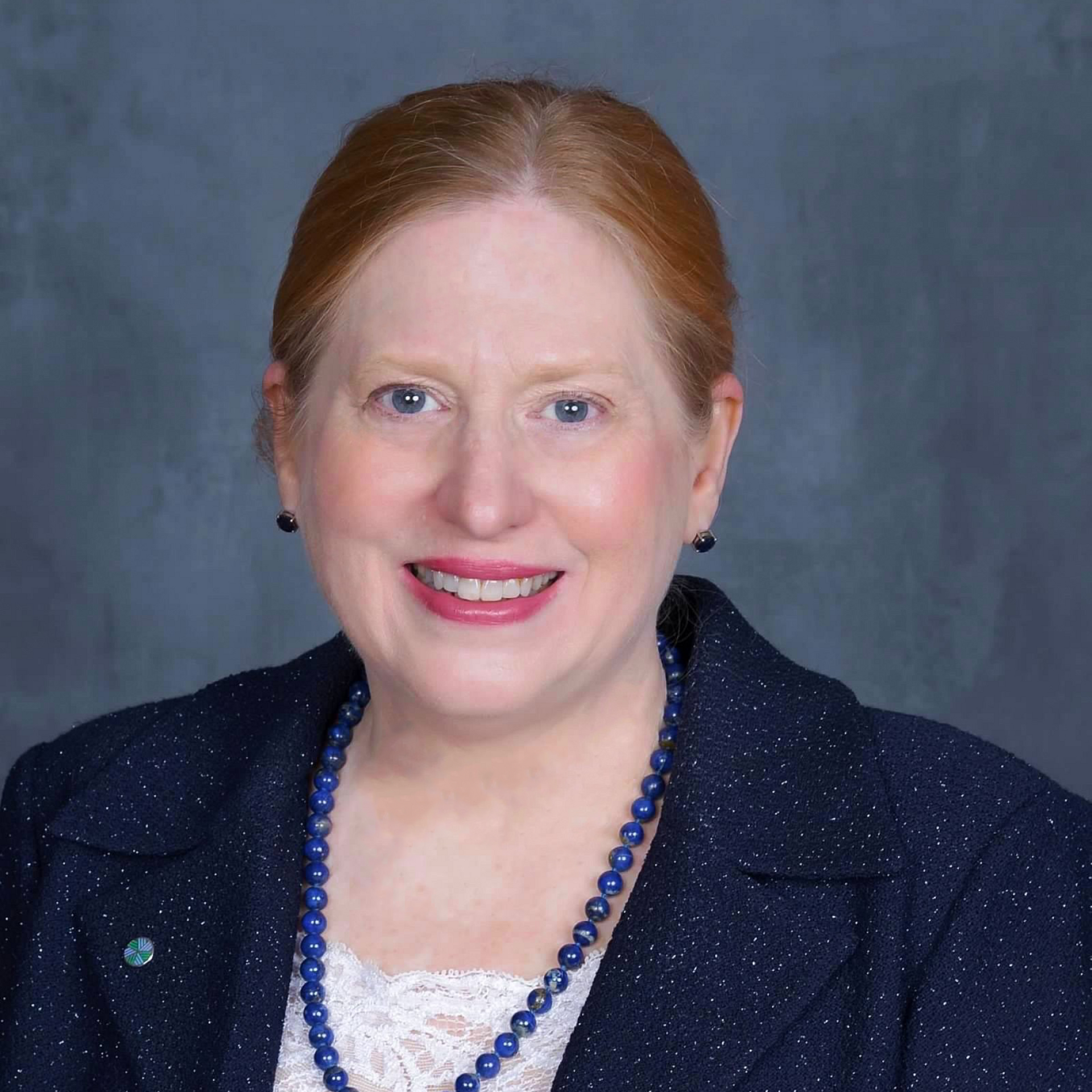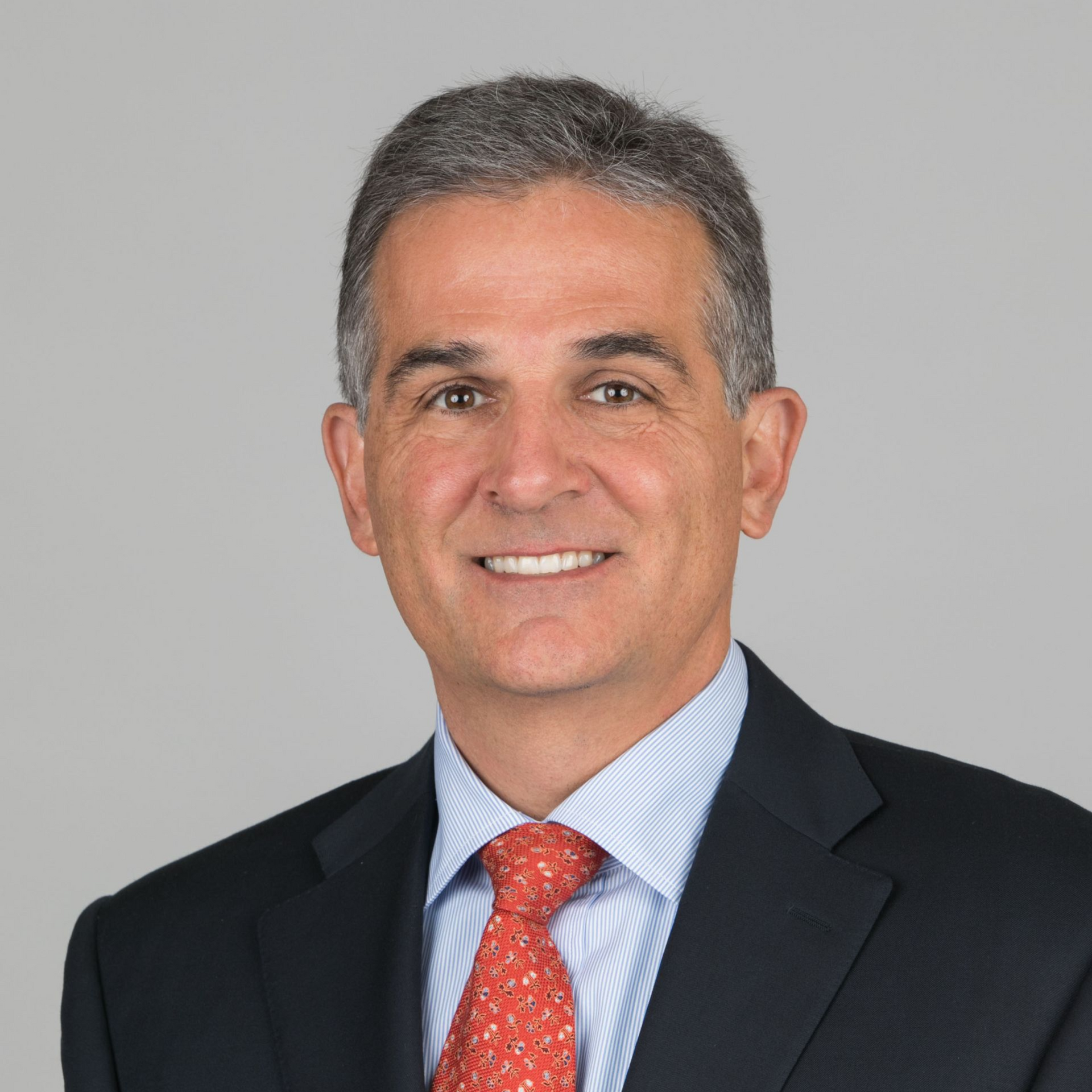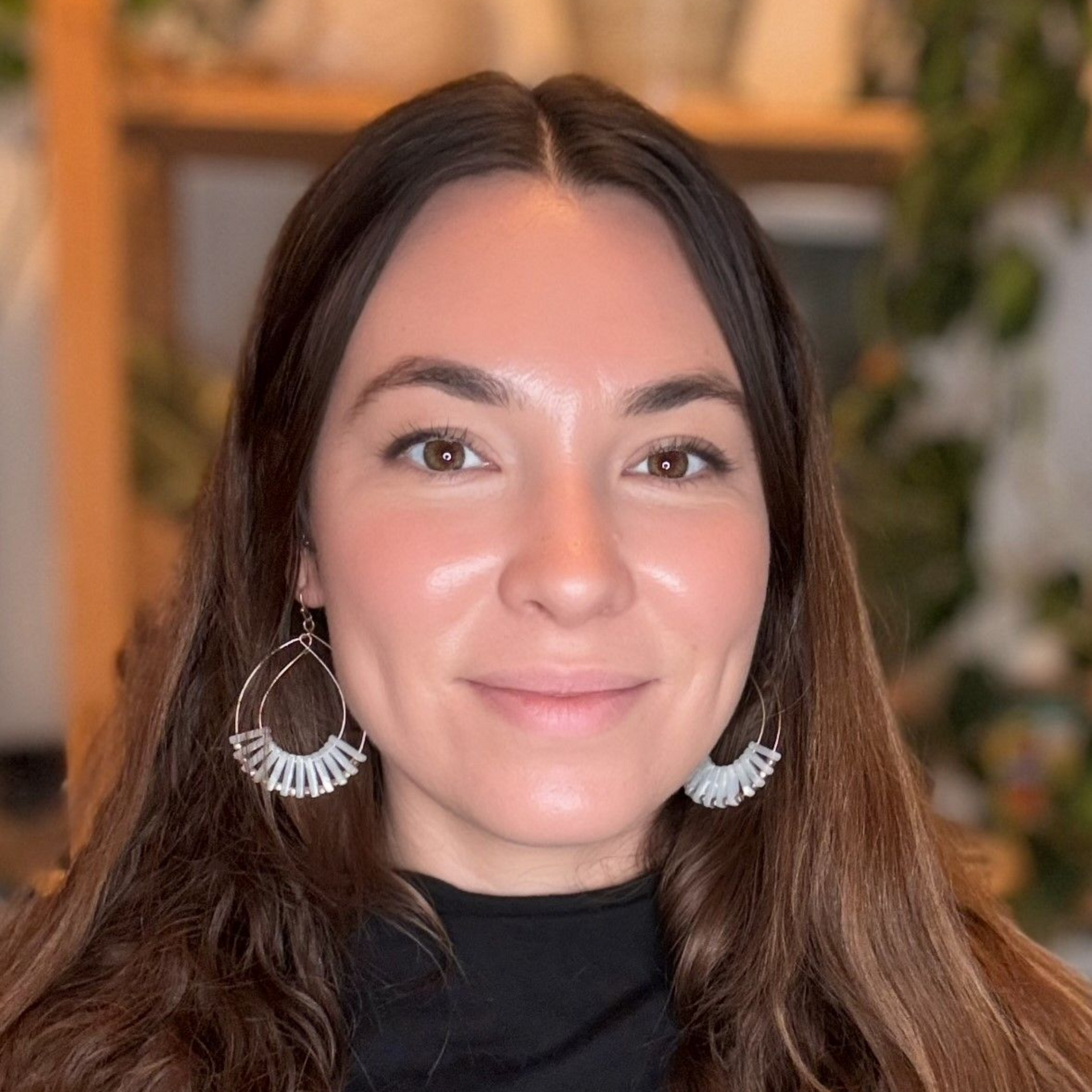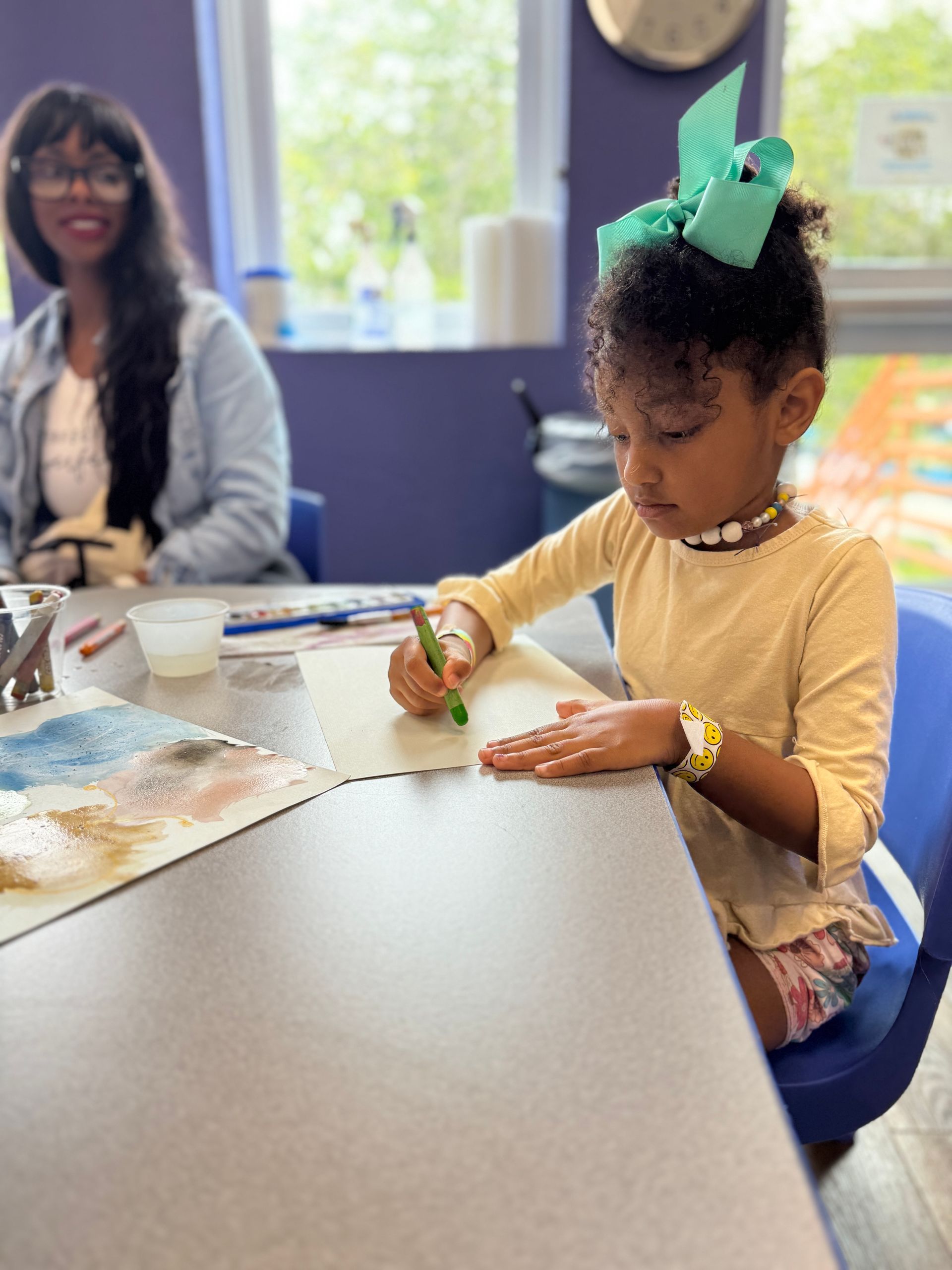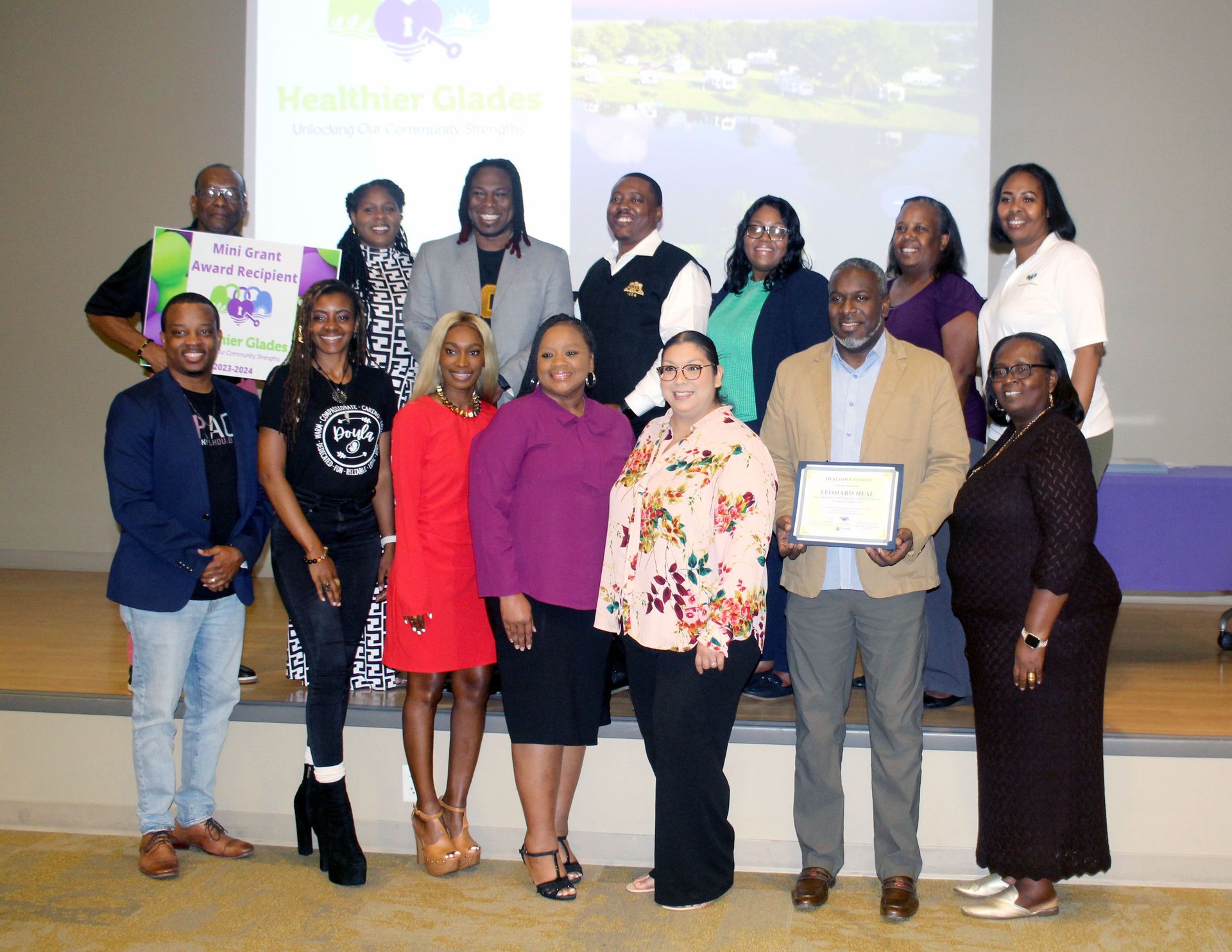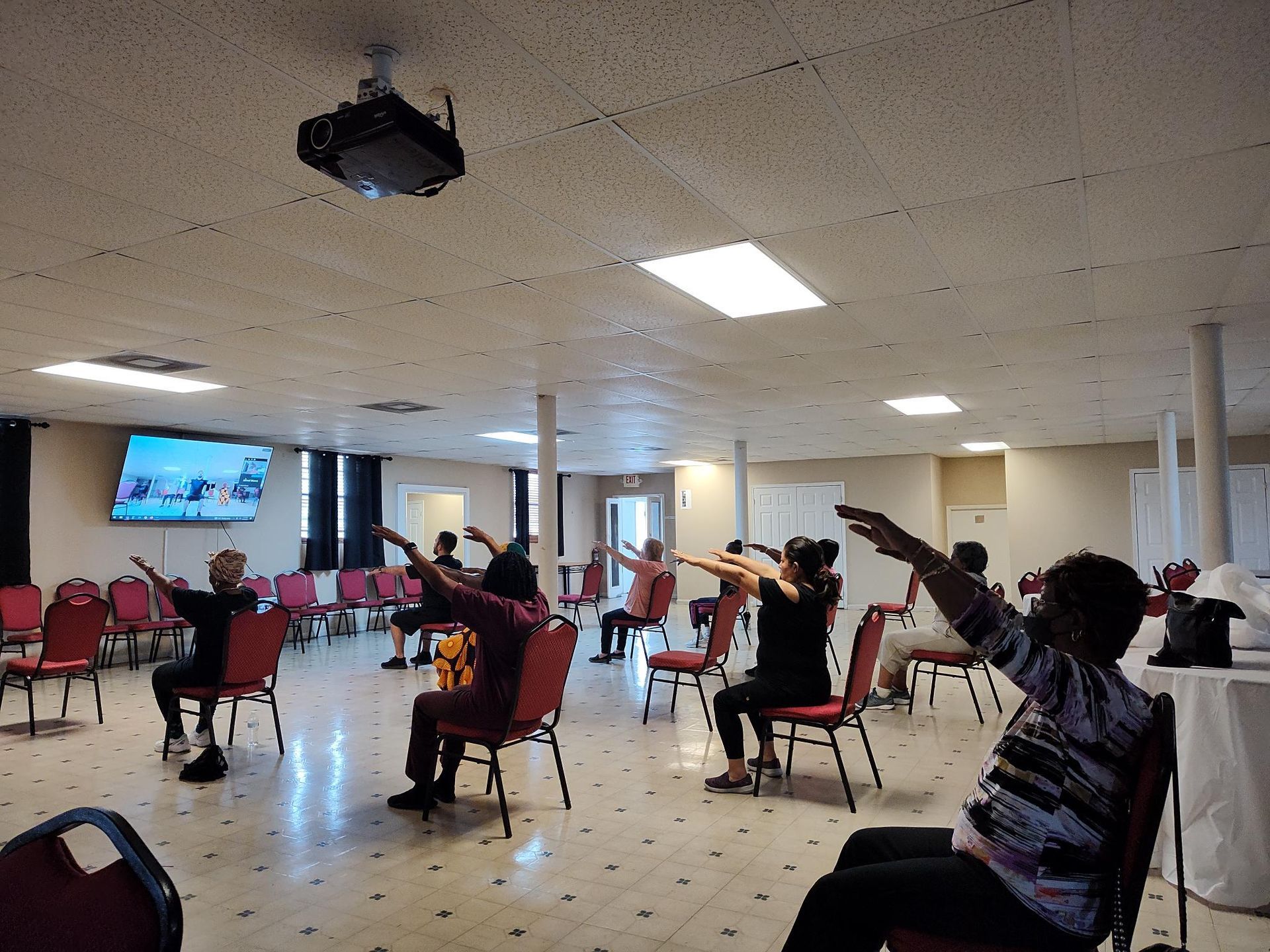Toward a Brain Coast
Palm Beach County Can Lead the World in Connecting Neuroscience with the Arts
The World Health Organization’s (WHO) recently released position paper, Optimizing Brain Health Across the Life Course, states that “optimizing brain health improves mental and physical health and also creates positive social and economic impacts, all of which contribute to greater well-being and help advance society,” and that “multisectoral engagement and collaboration are urgently needed in order to move the brain health agenda forward for all people.”
Palm Beach County is moving the brain health agenda forward through a unique collaboration that combines our world-class brain science institutions and robust cultural assets as a model for the emerging field of the neuroarts—a convergence between science, the arts, and technology.
Palm Health Foundation has convened the FAU Stiles-Nicholson Brain Institute, the Max Plank Florida Institute for Neuroscience, the Cultural Council for Palm Beach County, and The Palm Beaches to form the Palm Beach County NeuroArts Collaborative to focus on identifying and mapping local partners, programs, resources, and existing research to support the advancement of neuroarts in South Florida. Neuroarts is the transdisciplinary study of how the arts and aesthetic experiences measurably change the body, brain, and behavior, and how this knowledge is translated into specific practices that advance health and well-being.
The Palm Beach County Neuroarts Collaborative has caught the attention of the leaders in neuroarts, the Johns Hopkins International Arts + Mind Lab Center for Applied Neuroaesthetics, and the Aspen Institute’s Health, Medicine, and Society Program. These institutions have partnered to create the NeuroArts Blueprint initiative, designed to strengthen, standardize, and propel the emerging field of neuroarts. Our Palm Beach County collaborative is aligning with the NeuroArts Blueprint, and its leaders have invited us to become its first local Community Arts Coalition Partner.
The effect of the arts on health and well-being has long been experienced by generations of people and cultures. Now, as science and technological advances allow scientists to see and measure the effect of the arts on the brain, the field of neuroarts is catching fire, with the potential for learning and positive impact on mental health and neurodegenerative diseases that are top of mind for many Floridians, including dementia, Alzheimer’s, and Parkinson’s disease. It is a field that could have worldwide impact as one in three people will develop a neurological disorder at some point in their lifetime, according to WHO.
Examples of the connection between the arts and the brain abound. A veteran who suffered a traumatic brain injury manages his epilepsy and PTSD by playing the ukulele. A young woman diagnosed with bipolar disorder paints to demystify her condition and work through her emotions. A former prima ballerina with Alzheimer’s disease listens to Tchaikovsky’s “Swan Lake” and begins to spontaneously perform from her wheelchair, lifting her arms in synch with the choreography stored deep in her brain.
There is a role for all to play in contributing to human flourishing through the neuroarts. We are aligned with the NeuroArts Blueprint in their belief that “to realize its potential, neuroarts must become a fully recognized field of research and practice, with educational and training pathways, dedicated funding, supportive public sector and private sector policies, effective leadership, well-crafted communications strategies, and infrastructure capacity.”
Optimizing brain health affects our families, workplaces, schools, and our healthcare system. With our commitment to integrating science and the arts to help people reach their full health potential, and the community’s support, we are taking one significant step toward South Florida becoming known as the “Brain Coast,” as highly recognized as Florida’s Space Coast, and with far-reaching effects on well-being and society.
To learn more about the neuroarts efforts in Palm Beach County, visit palmhealthfoundation.org/train-the-brain.
Randy D. Blakely, Ph.D.
Executive Director
FAU Stiles-Nicholson Brain Institute
David J.S. Nicholson Distinguished Professor in Neuroscience,
Professor, Dept Biomedical Science
Charles E. Schmidt College of Medicine
5353 Parkside Drive, Jupiter, FL 33458
MC-22/ Room 201G
(561) 799-8100
Dave Lawrence
President & CEO
Cultural Council for Palm Beach County
The Robert M. Montgomery, Jr. Building
601 Lake Avenue, Lake Worth Beach, FL 33460
dlawrence@palmbeachculture.com
Phone: (561) 471-2901
Patrick J. McNamara, LCSW
President & CEO
Palm Health Foundation
700 South Dixie Highway I Suite 103
West Palm Beach, FL 33401
pmcnamara@phfpbc.org
(561) 837-2280
